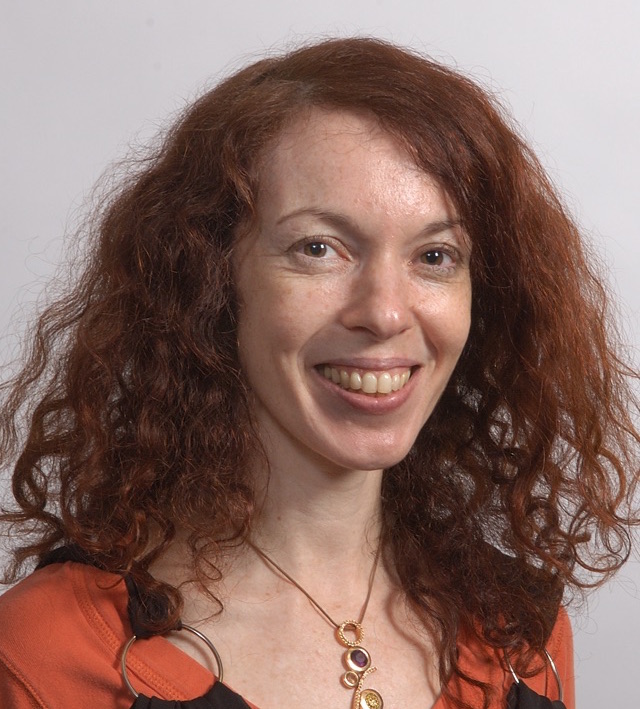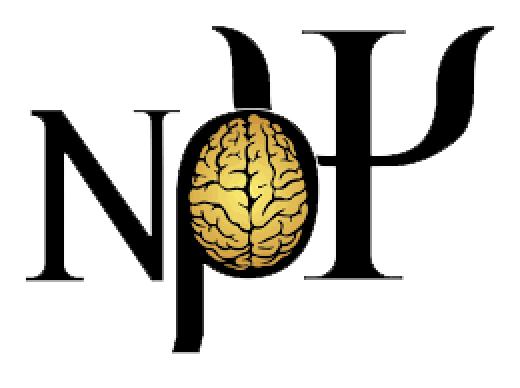
This month’s featured researcher is Hava Siegelmann, who is a Professor in the College of Information and Computer Science. Hava runs the Biologically Inspired Neural & Dynamical Systems (BINDS) Laboratory. She recently returned to UMass after leading an artificial intelligence initiative for the Department of Defense. This month an article that she co-authored, entitled, “A modeling framework for adaptive lifelong learning with transfer and savings through gating in the prefrontal cortex“, was published in the Proceedings of the National Academy of Sciences in which neural network modeling was used to create a process that might mimic how the prefrontal cortex uses and expands its own memory. Hava herself was recently featured in a UMass article, A Campus Visionary.
Here’s what else is new for ‘ ”University of Massachusetts” AND Amherst AND neuroscience’ in PubMed. These publications appeared on line in November. They are just a fraction of the research that occurs on campus. You can click on the PubMed ID to find the publication.
Continue reading


 Oct 28, 2020
Oct 28, 2020 Nov 4, 2020
Nov 4, 2020 Nov 11, 2020
Nov 11, 2020 Nov 18, 2020
Nov 18, 2020


 The Synapses, Circuits, & Behavior Journal Club
The Synapses, Circuits, & Behavior Journal Club




